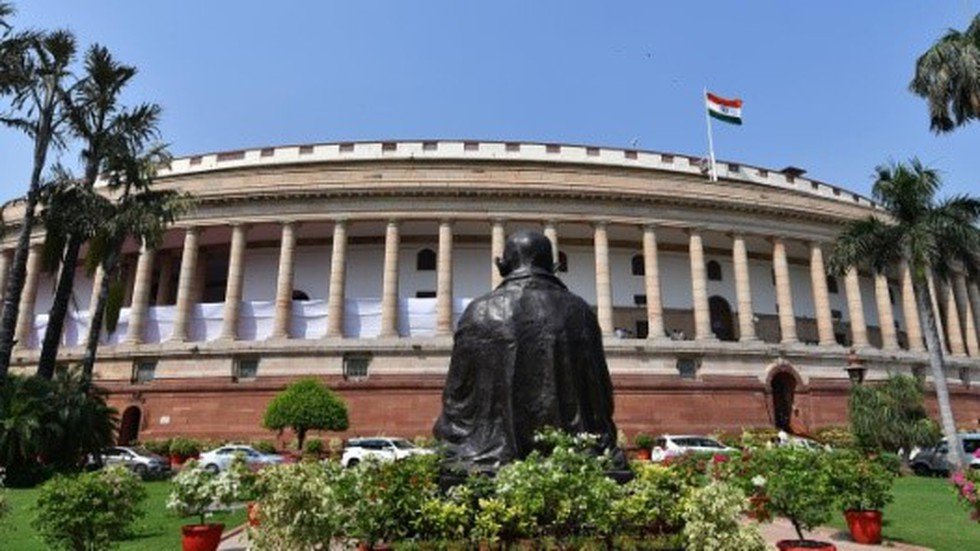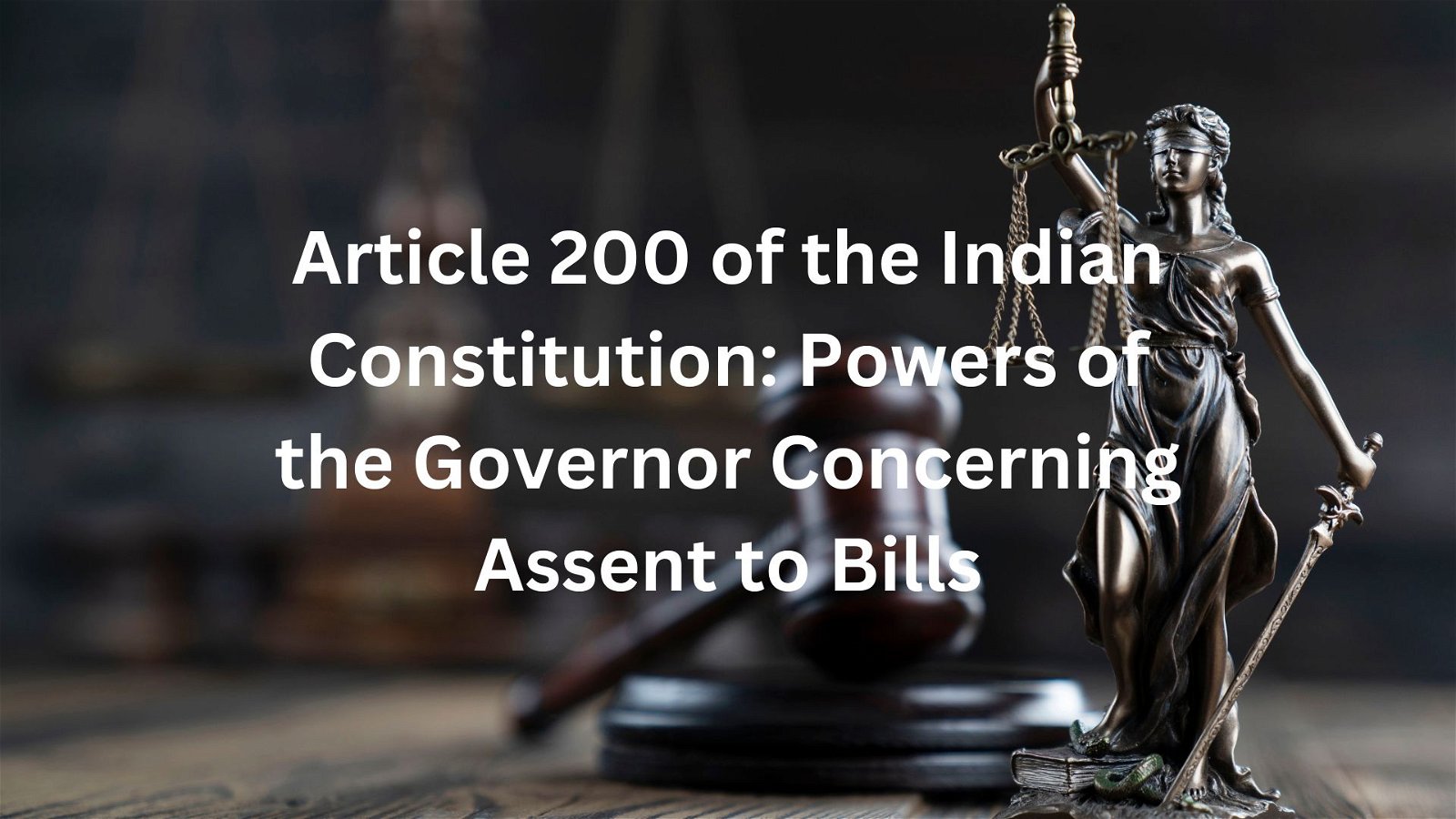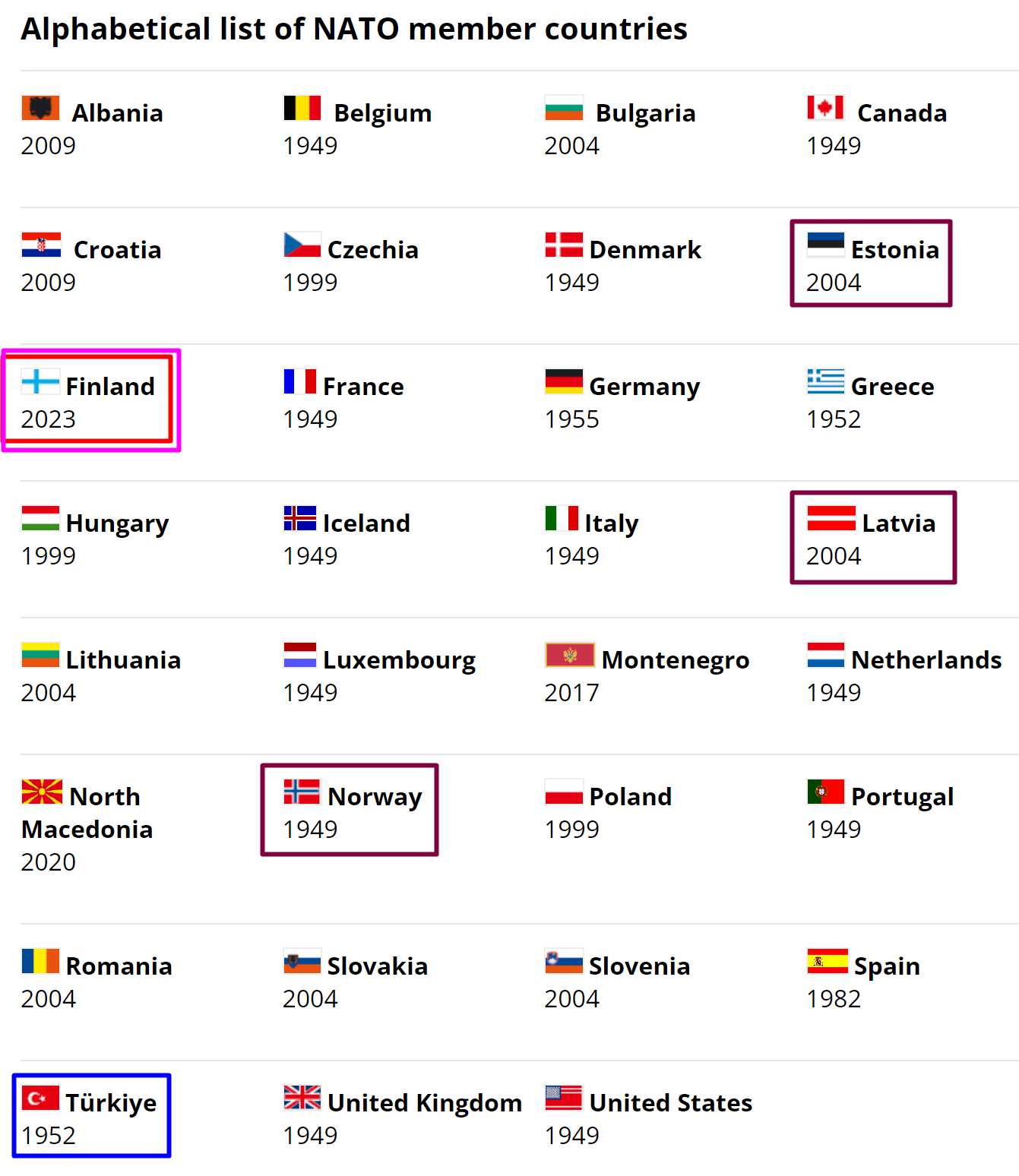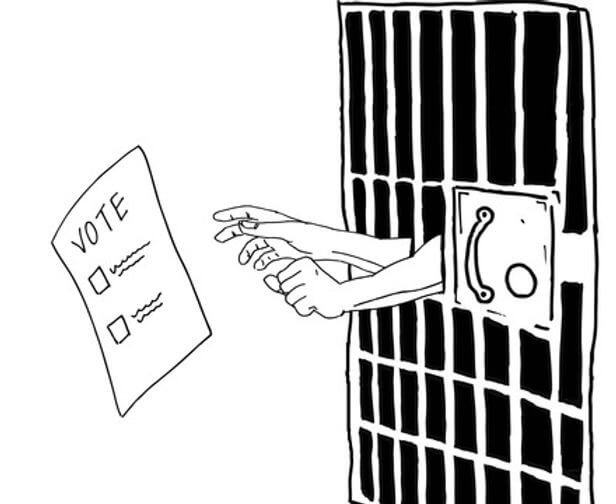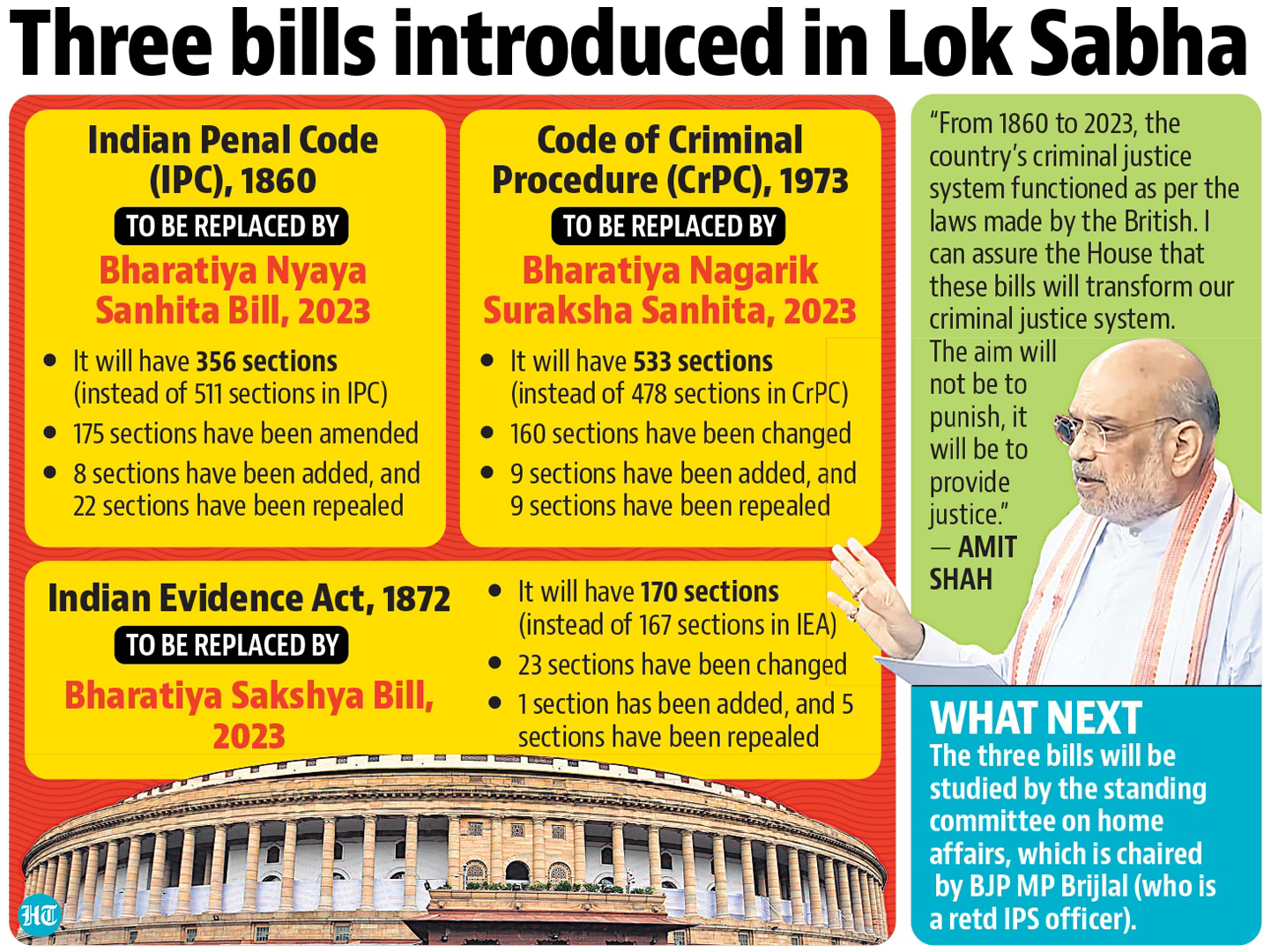
Rising Tension in Korean Peninsula
Subscribers of "Current Affairs" course can Download Daily Current Affairs in PDF/DOC
Subscribe to Never Miss an Important Update! Assured Discounts on New Products!
Must Join PMF IAS Telegram Channel & PMF IAS History Telegram Channel
- Context (TH): Provocative moves by North Korea and the rebuttals by South Korea are on the rise.
Korean Peninsula

- 38th parallel (38° N) roughly demarcates North Korea and South Korea.
- Potsdam Conference (1945), near the end of World War II, chose it as the bifurcation border.
Recent aggravations
- North Korea has rescinded its national objective of Korean reunification.
- It has formally categorised South Korea as an adversarial state.
- The supreme leader of North Korea, Kim Jong Un, ordered the rewriting of the North Korean constitution to reflect a shift in the regime’s thinking.
- The closure of offices related to reunification and the destruction of Pyongyang’s reunification landmark monument raises the alarm.
- North Korea tested multiple types of missile systems in January 2024.
Historical Context
- Japan occupied Korea between 1910- 1945.
- The bifurcation of the Korean Peninsula in the Yalta Conference (1945) was agreed upon by Allied powers as the result of the defeat of imperial Japan in World War II.
- Ideological Cold War divide due to the influence of Soviet Union on North and U.S. over South Korea.
- Korean War (1950-53): As a result of the North’s attempt to take over the South, war broke out.
- Continued divide: Despite the cessation of active conflict and the end of the Cold War, the North authoritarian regime supported by China and South Korean liberal democracy is still in conflict.
- North Korea’s nuclear ambitions are a bone of contention in the relations.
Denuclearisation of North Korea
- 1994-2002: The U.S. signed an “Agreed Framework” with North Korea to halt its nuclear programme in return for nuclear energy.
- Exit from the nuclear non-proliferation treaty in 2003 by North Korea.
- Six-party talks involving the two Koreas, China, Japan, Russia, and the U.S. resulted in North Korea pledging to forego its nuclear ambitions.
- Nuclear Test 2006: North Korea conducted a nuclear test in 2006 with questionable yield.
- Breakdown of talk: In 2009, talks broke down, leading to a consistent increase in tests by North Korea.
- Failed attempt at talks: Various attempts at “denuclearisation talks” between the US and North Korea in 2018-19 have failed.
North Korea: A perceived global threat
- Significant military developments: It has developed, tested and deployed delivery vehicles, launchers and satellites, arguably with intercontinental range.
- Provocative actions: Military drills, shelling on South Korean islands and threats of nuclear attack are threats to global peace.
- US support to South Korea: With the US military alliance and missile defence system, a confrontation cannot be ruled out.
- Cyber-attacks across the globe have been traced to North Korea multiple times.

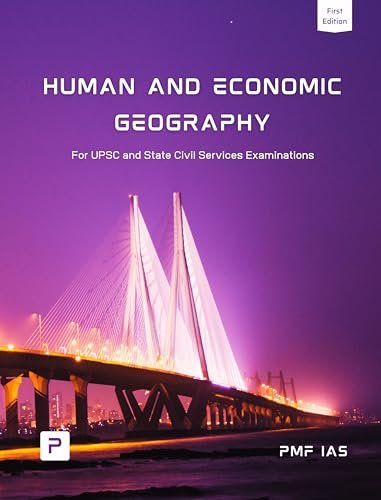


![PMF IAS Environment for UPSC 2022-23 [paperback] PMF IAS [Nov 30, 2021]…](https://pmfias.b-cdn.net/wp-content/uploads/2024/04/pmfiasenvironmentforupsc2022-23paperbackpmfiasnov302021.jpg)
